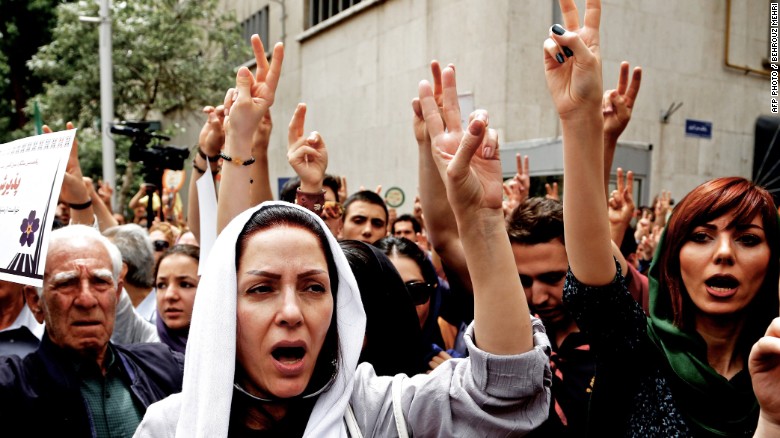Istanbul, Turkey (CNN) — Sitting on a sunny bench in Istanbul’s Gezi Park, Fadime Gurgen dismisses the controversy surrounding the 100th anniversary Friday of the massacre of Armenians under the Ottoman Empire with a wave of her hand.
Gurgen, a 55-year-old cleaner, says her family has had close friendships with Armenians going back generations.
“There is no such thing as genocide,” she says. “Other people are trying to create hostility between us.”
Most Turks agree with Gurgen. Ninety-one percent of Turks do not believe that the events of 1915 — when, according to Armenians, 1.5 million ethnic Armenians were systematically killed in the final years of the Ottoman Empire — were genocide, according to a recent poll.
It’s a sentiment shared by the Turkish government, which denies that a genocide took place, maintaining that hundreds of thousands of Turkish Muslims and Armenian Christians died in intercommunal violence around the bloody battlefields of World War I. Turkey also disputes Armenia’s count of the numbers killed, putting it at 300,000.It’s a heavily disputed position — the killings are widely viewed by scholars as genocide and the Armenian government and diaspora are lobbying for wider recognition in the international community.
Armenian Prime Minister Hovik Abrahamyan said Friday in statement that Turkey’s Ottoman rulers had planned and carried out a “monstrous crime” in the years of World War I and called on more countries to recognize and condemn the genocide.
Many Armenians living in Turkey still feel treated as second-class citizens. However many have hope that Turkey’s younger generation is more willing to accept that a genocide occurred than their parents.
“Students are much, much more liberal,” says Diana Van, whose grandparents escaped the mass killings.
Van is a member of the delegation for the Armenian Genocide commemoration and is writing her Masters thesis on the issue at Ankara University.
“They have access to alternative information written in English, which is not taught in school (in Turkey). With more access to books, to alternative information, and with a larger democratization process, Turkey will be able to face its history.”
A century after her Armenian ancestors escaped death in Eastern Turkey, Van says she is frustrated that Turkey is unwilling to accept what happened. “Your identity is denied by Turkey,” she says. “They do not want to face this past. In Turkey, the word Armenian is still used as a curse. Whenever you want to hurt somebody, you say, ‘you are like an Armenian.'”
Read the article here.


 Christina Asquith
Christina Asquith
